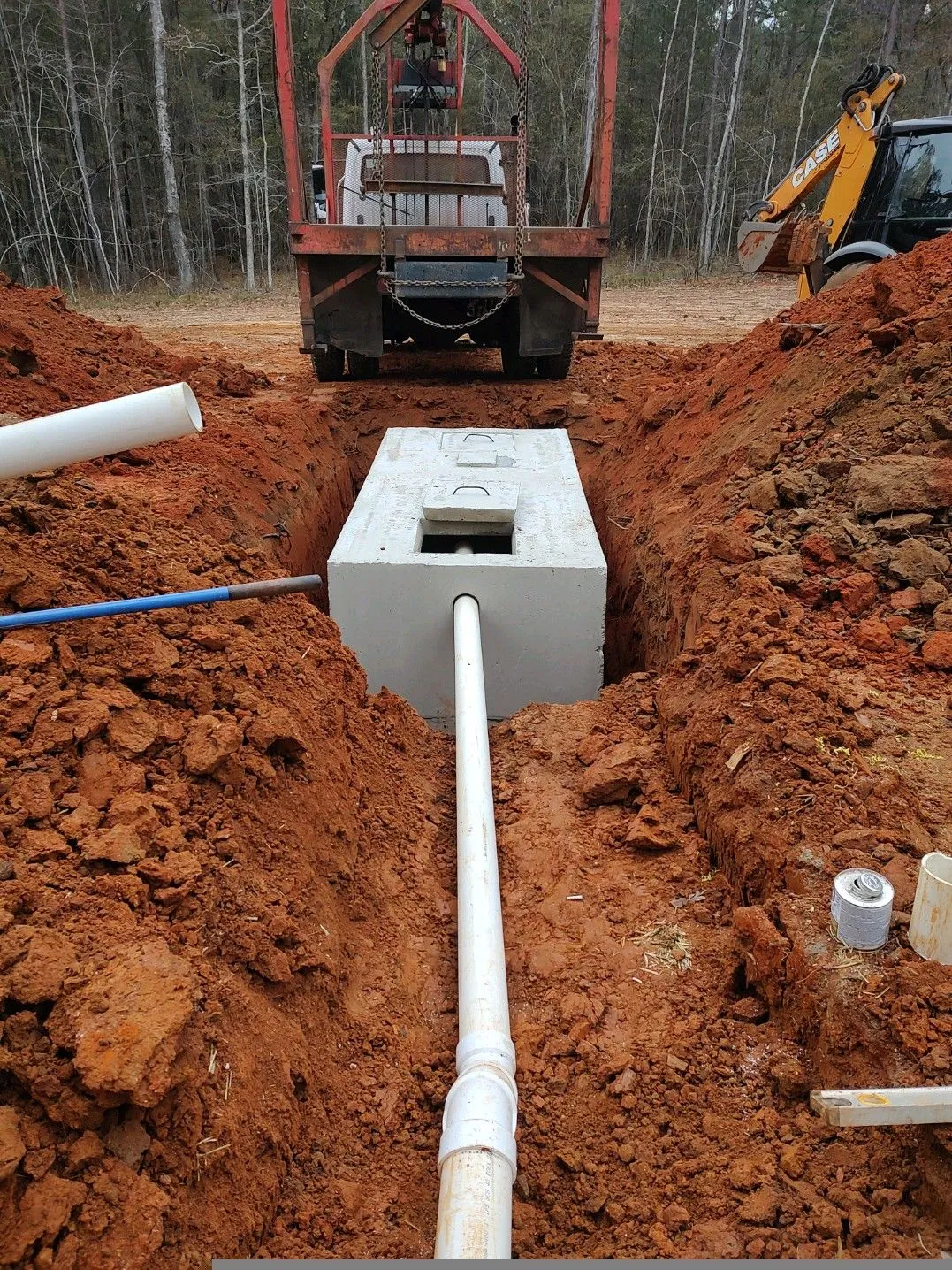
Maximizing Efficiency: Septic System Best Practices for Sustainable Living in South Georgia Nov 26, 2025
Begin by understanding the structure of your septic system. Typically, it includes a septic tank and a drain field. Wastewater flows into the tank, where solids settle and are broken down by bacteria. The liquid effluent then moves into the drain field, where it filters through the soil. For your system to perform at its peak, routine maintenance is indispensable.
One of the most crucial steps in septic system care is regular inspection and pumping. It might not be the most glamorous task, but having your septic system inspected every three years and pumped every three to five years can prevent costly repairs. Factors such as the size of your household, total wastewater generated, and tank size determine the frequency of these actions. During inspections, professionals at South Georgia Septic can identify early signs of trouble, ensuring small issues don’t escalate into major problems.
Water conservation plays a pivotal role in minimizing stress on your septic system. By reducing the amount of water entering the system, you decrease the likelihood of overloading it. Implement water-saving techniques such as fixing leaks, installing high-efficiency toilets, and using energy-efficient dishwashers and washing machines. Simple habits like turning off the tap while brushing teeth can also contribute significantly. The less water you use, the less pressure you place on your septic system, prolonging its lifespan.
Proper waste disposal is another essential component of safe septic system management. Educate your household members on items that should never be flushed down the toilet or washed down the drain, such as feminine hygiene products, diapers, paper towels, and hazardous chemicals. These can clog the system or kill the bacteria essential for breaking down waste in the tank. Utilize garbage disposals sparingly, as excessive food scraps can contribute to sludge build-up in the tank.
The protection of your drain field is equally important. Prevent heavy objects, vehicles, or even substantial foot traffic from going over your drain field area. Compaction can reduce the soil's ability to absorb liquid effluent, leading to system failure. Planting trees at a safe distance is advisable, as roots can infiltrate and damage the system. Grass is the best cover for your drain field, allowing proper evaporation and aiding in the filtration process.
Lastly, adopting environmentally-friendly cleaning products can further aid your septic system’s efficiency. Chemical-heavy cleaners can disrupt the bacterial balance essential for breaking down solid waste in your septic tank. Choose natural products that are biodegradable and septic safe whenever possible.
By following these best practices, you can contribute to sustainable living while ensuring your septic system operates seamlessly. With the support of experts from South Georgia Septic, maintaining your septic system doesn’t have to be a daunting task. Proactive care and awareness can lead to years of effective service, minimizing the impact on your wallet and the environment. For any questions or personalized solutions, connect with us to secure the longevity of your septic system.
/filters:no_upscale()/media/9ea110d9-8e86-4c63-8848-b19e6ea2c83a.jpg)